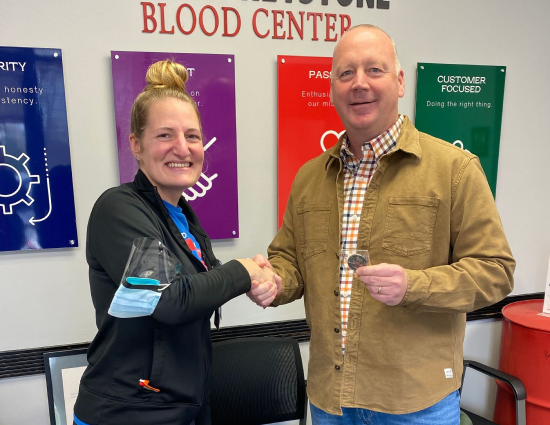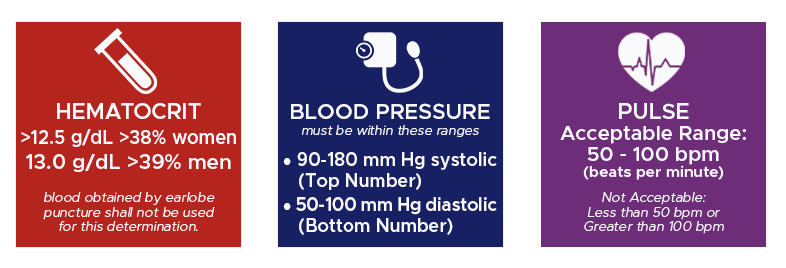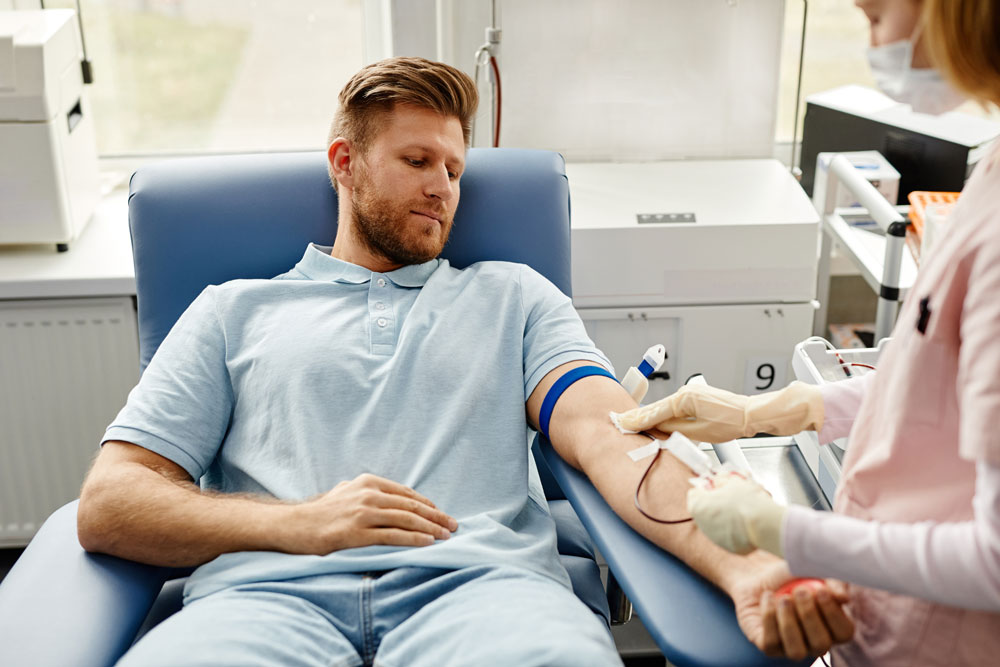
Specific activities may temporarily prevent someone from giving blood, while other criteria may require a longer (or permanent) deferral. Blood donation guidelines are constantly changing, & many people who were previously unable to donate may now be able to! Below are the most up-to-date eligibility guidelines to donate for the community blood supply.

Donor health is very important to us. Did you know that every time you donate, you receive a mini health checkup including blood pressure, pulse and hematocrit? The results of this screening determine your eligibility to donate blood.
Effective December 11, 2023 FDA GUIDANCE: New Donor Screening Process and Keeping Safe

Miller-Keystone’s #1 priority is the safety of the blood supply and our blood donors. Donation requirements are regulated by the U.S. Food & Drug Administration (FDA) and help ensure your blood is safe for patients and that it is safe for you to donate.
©2024 Miller-Keystone Blood Center is an affiliate of Hospital Central Services | Privacy Policy I Terms of Use I Site By: DAY Vision Marketing